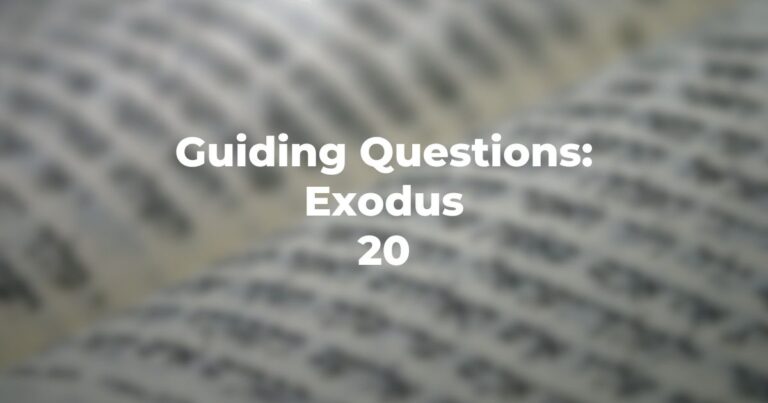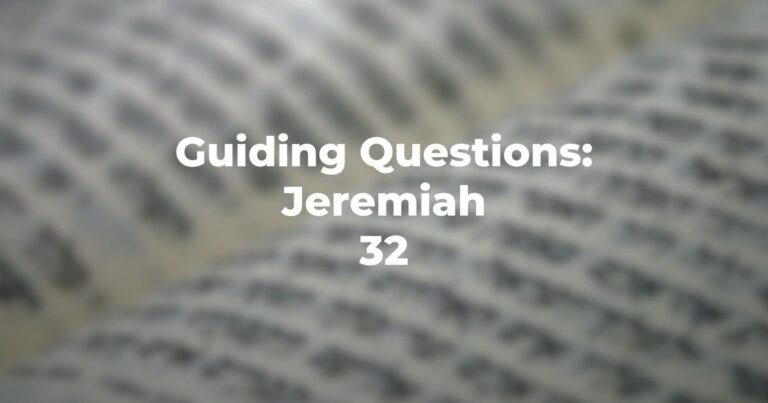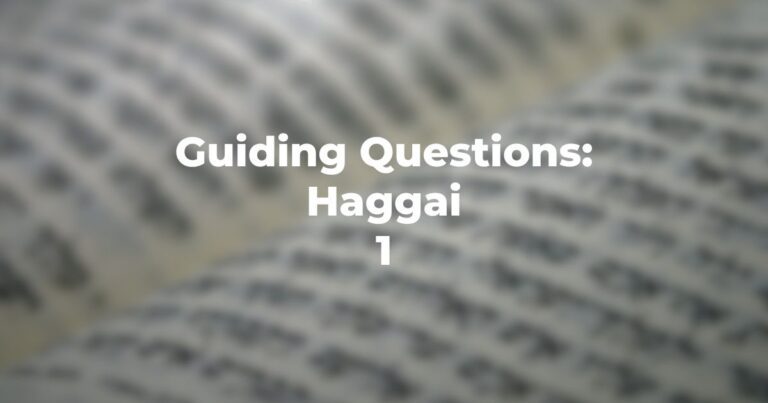- Psalms 102:1 refers to “ani” as a “lowly man” when it is actually an impoverished individual. As the Psalm unfolds, the question will ask itself: is this poverty in the economic sense and/or in some other sense?
- Psalms 102:3 makes reference to “God hiding Its face”; where has this phrase, in more recent years, been applied as explaining a massive tragedy?
- Would Psalms 102:5-8 imply a physical (bodily) illness? Yet, what does Psalms 102:9 specify as the source of the troubles?
- Who is blamed for the condition of the Psalmist (Psalms 102:11)?
- Or, reading Psalms 102:13-17 — is it possible that the Psalmist is referring to Zion as the destitute, persecuted “individual”?
- How, then, would Psalms 102:21 be understood which, again, seems to individuate the plaint?
- Psalms 102:24-29 appear to be an admixture of praise for Divinity and plaint at privation and destruction; yet, how does the Psalmist end this passage — with a plea or with an assertion? The English translation makes reference to the verb “may the children”, etc. — but the Hebrew simply asserts that “the children of Your servants will dwell securely and their children will endure before You” — which reading would seem more in keeping with the prior passages?
Author
-

Exploring Judaism is the digital home for Conservative/Masorti Judaism, embracing the beauty and complexity of Judaism, and our personal search for meaning, learning, and connecting. Our goal is to create content based on three core framing: Meaning-Making (Why?), Practical Living (How?), and Explainers (What?).
View all posts




